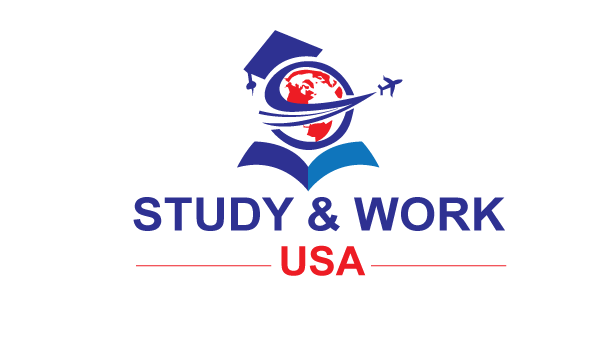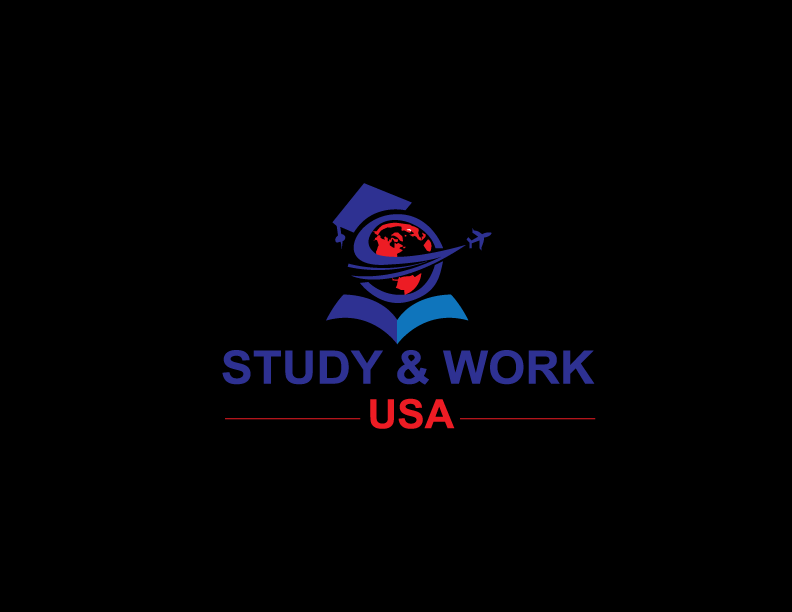Culture Shock in the Cubicle: What Kenyan Professionals Should Expect in the US Workplace
Landing your first job or internship in the US is a huge step, but the transition isn’t just about new tasks; it’s about navigating a completely different set of unspoken rules. For Kenyan graduates, understanding the subtle yet significant cultural and workplace differences is key to thriving, not just surviving.
From how you communicate to how you present yourself professionally, adapting to American workplace norms will be crucial for your success.
1. Communication: Directness is Key, Hierarchy is Flat
One of the biggest shifts you’ll encounter is in communication styles.
- Direct & Explicit: Unlike some Kenyan contexts where indirect communication is valued for preserving harmony, Americans tend to be very direct. Say what you mean, clearly and concisely. If you have a question, ask it. If you need help, state it. There’s less reading between the lines.
- Feedback is Forthright: Expect direct feedback, both positive and constructive. This isn’t personal; it’s seen as a way to improve performance. Learn to receive it openly and ask clarifying questions.
- Flat Hierarchy: While there are still managers and leaders, the hierarchy is often flatter than you might be used to. It’s common for junior employees to directly approach senior leaders, offer ideas, or even challenge (respectfully) a manager’s decision in a meeting. This is seen as initiative, not disrespect.
- Active Participation: In meetings, silence is often interpreted as disengagement or lack of ideas. Be prepared to voice your opinions, ask questions, and contribute actively.
2. Work Culture: Performance, Punctuality, and Professionalism
The pace and expectations of the American workplace can feel intense.
- Performance-Driven: Your output and measurable results are highly valued. Be prepared to track your accomplishments and articulate your impact. Annual reviews are often heavily tied to these metrics.
- Punctuality: “On time” means “early.” Being even a few minutes late for a meeting or deadline is often seen as unprofessional and disrespectful of others’ time.
- Individualism & Initiative: You’ll be expected to take initiative, identify problems, and propose solutions rather than always waiting for instructions. Being a “self-starter” is a highly prized trait.
- Work-Life Boundaries: While Americans work hard, there’s often a clear boundary between work and personal life. Socializing with colleagues outside of work might be less frequent or more structured than you expect. Avoid discussing highly personal topics in a professional setting.
- Dress Code: While specific industries vary (tech might be more casual), generally, “business casual” is the norm. For interviews, always opt for formal business attire.
3. Adapting to American Professionalism: Subtle Shifts
Beyond communication and work habits, there are nuances in professional etiquette.
- Networking is Everything: Building professional connections is not just for job hunting; it’s a continuous process for career growth. Be prepared to engage in networking events, both in-person and online (especially LinkedIn).
- Small Talk: Be ready for “small talk” – brief, light conversations about weather, weekend plans, or current events. This is a vital social lubricant, even in professional settings.
- Resumes & Cover Letters: These documents are highly standardized and critical. Your resume should be one page (for entry to mid-level roles), action-verb driven, and quantify your achievements.
- Cultural Context: Understand that American humor, pop culture references, and idioms might initially be confusing. Don’t be afraid to ask for clarification if something is unclear.
Embrace the Learning Curve
Adapting to a new workplace culture takes time and effort. You will make mistakes, and that’s perfectly normal. The key is to be observant, ask questions (privately if you’re unsure), and be open to adjusting your approach. Your unique global perspective is an asset; learning to present it within American professional norms will unlock your full potential.
Ready to prepare for a seamless transition into the U.S. professional world?


